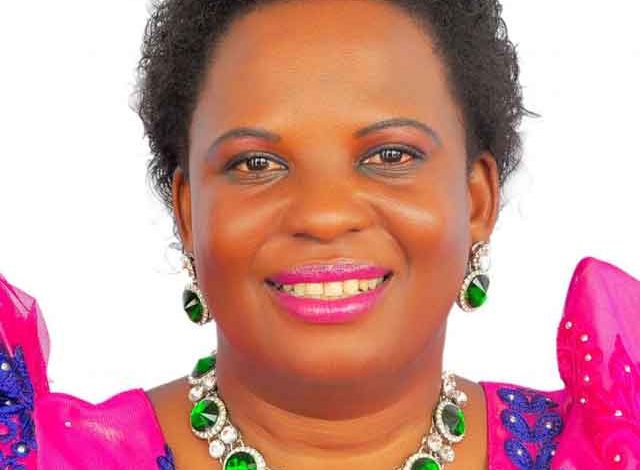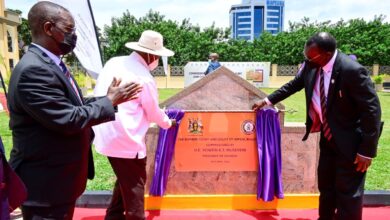Gender ministry calls for stronger research to improve women ICT participation
The national theme for this year's women's day celebrations is "Equal opportunities in education, science and technology for innovation and a gender equal future"

The Ministry of Gender, Labour and Social Development has recommended the strengthening of research in science and industrial leadership in innovation, including investment in key technologies, which will be important for application of Science, Technology and Innovation (STI) to address societal challenges.
According to the ministry, the research will benefit the women who are still disproportionately represented in science, technology, engineering and maths, with only 37% of them in the medical profession, 7% in engineering, and 20% in architecture.
Addressing journalists at Uganda Media Centre ahead of the women’s day celebrations, the Minister of Gender, Labour and Social Development, Betty Amongi, highlighted that government put in place an enabling legal and policy frameworks that promote science, mathematics and engineering in the digital age, focusing on various categories of women and girls.
“ICT covers radios, televisions sets, mobile phone as well as other technologies such as pesticides and irrigation pumps, automotive technologies such as cars and tractors, household electricity main switches, security equipment and devices. Studies have established that 78.2% of men compared to 63.4% of females own mobile phones,” she said.
As a way of improving women participation in science and technological fields, the minister explained that government implemented the affirmative action in education policy for women and girls, where science, technology and innovation has inspired women and girls take up science and technology related courses and subjects.
Additionally, the national council for higher education introduced and a bridging and conversion program in July 2019, as part of the university education to enable students who didn’t offer Science, technology, Engineering and maths subjects easily take science courses and obtain certification after 1 year of study.
“The Uganda science education policy (2005) made t he study of physics chemistry compulsory for O’level secondary school students, in addition to biology, English and math,” explained the minster.
Other recommendations from the minster towards improving women and girls participation in science and technology fields, include advancing women and girls participation in knowledge through public education and awareness against negative cultural norms, that hinder participation in science and technology.
The national theme for this year’s women’s day celebrations is “Equal opportunities in education, science and technology for innovation and a gender equal future”
The celebrations will be held tomorrow at Sanga play ground, Sanga town council, Kirihura district, and will be presided over by the president Yoweri Kaguta Museveni.






